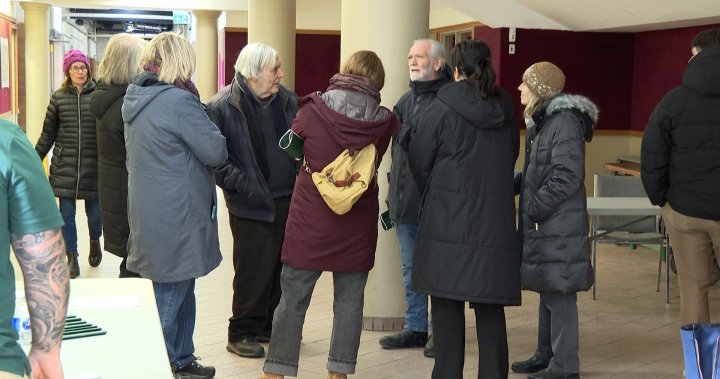A Stadium for Soccer and Community: Examining the Victory Grounds Ventures Proposal for Kingston’s Memorial Centre
Victory Grounds Ventures has put forth an ambitious proposal to construct a 4,000 to 6,000-seat soccer stadium at Kingston’s Memorial Centre, aiming to breathe new life into the area while providing a dedicated home for turf sports. Lead investor Paul Barbeau highlights the existing zoning as a key advantage, emphasizing the site’s historical use for sporting events like Frontenac games, which drew substantial crowds in the past. The proposal is not without its complexities, requiring careful consideration of its impact on the surrounding community and existing users of the Memorial Centre grounds.
The proposal seeks to capitalize on the existing infrastructure and zoning of the Memorial Centre, drawing parallels to its past use for sporting events. Barbeau points to the precedent set by Frontenac games, which attracted thousands of spectators, as evidence of the site’s suitability for a stadium. This historical context underscores the potential for the stadium to become a vibrant hub for sports and community activities, echoing the area’s past while embracing a new future. The core argument rests on the idea of repurposing a space already designated for recreational purposes, minimizing disruption while maximizing community benefit.
A public meeting orchestrated by Williamsville District Councillor Vincent Cinanni offered residents a platform to learn more about the project and voice their concerns. While acknowledging the potential positive impacts, Cinanni stressed the need for a thorough assessment of the proposal’s broader implications. Questions regarding the suitability of the location, potential disruption to current users, and the overall impact on the community’s enjoyment of the space remain paramount. This cautious approach reflects the delicate balance between fostering development and preserving the existing character of the Memorial Centre grounds.
Resident reactions to the stadium proposal have been varied, mirroring the complex interplay of potential benefits and drawbacks. Some residents, like Lesley Rudy, express apprehension about the loss of green space, the potential privatization of public land, and the displacement of existing activities like the dog park and track. These concerns highlight the importance of preserving existing recreational opportunities and ensuring equitable access to public spaces. The proposal must address these anxieties to gain broader community support.
Conversely, other residents, such as Estelle Greatrix, welcome the project, contingent on the preservation of current uses. The prospect of consolidating space and enhancing the area’s vibrancy resonates with those who see the stadium as a potential catalyst for positive change. The key for proponents is to demonstrate how the stadium can integrate seamlessly into the existing landscape, enhancing rather than diminishing the community’s enjoyment of the Memorial Centre grounds.
Barbeau has actively engaged with residents, seeking to address their concerns and dispel misinformation, particularly regarding the farmer’s market. He emphasizes his desire to collaborate with the market, envisioning the increased foot traffic generated by the stadium as a boon for vendors. This proactive approach to community engagement underscores the importance of open dialogue and collaboration in navigating the complexities of such a significant development project. Building trust and demonstrating a commitment to the community’s well-being will be crucial for the proposal’s success.
The stadium proposal will be a central topic of discussion at the upcoming city council meeting, where four delegations are scheduled to present their perspectives. Councillors and Kingston Mayor Bryan Paterson face a pivotal decision, choosing between three options: initiating a feasibility study, exploring alternative locations, or rejecting the proposal outright. This decision will shape the future of the Memorial Centre grounds and reflects the city’s broader vision for development, community engagement, and the balance between progress and preservation. The outcome of this process will have long-lasting implications for Kingston’s recreational landscape and the community’s relationship with its public spaces. The council’s decision will signify a commitment to either embracing new opportunities or safeguarding existing amenities, reflecting the city’s priorities and its vision for the future.

